DPD have announced ambitious plans to expand from their current fleet of 139 electric vehicles to 500 by the end of 2020 in their quest to be a carbon neutral carrier, not just in name but in practice. However, there are still major barriers holding back more widespread adoption and investment in electric vehicles, according to Dwain McDonald, CEO.
The problem is that transport is by nature not environmentally friendly and carbon offsets aren’t the long term answer. Whilst it’s admirable that businesses like DPD use carbon offsets to delivery CO2 free parcels, the reality is that you can be an environmental disaster and by buying some trees the other side of the world claim to be carbon free. DPD do use carbon offsets, but only after doing everything they can to be a carbon neutral carrier before doing so.
In a new white paper, they set the problems they face – for instance for final mile deployment they are already using Electric Vehicles (EVs) but there are no practical solutions for EV long distance HGVs. HGVs might easily cover 400 miles or more each day and yet there are none with this type of range and even for the smaller vehicles in their fleet there are many unknowns, so here DPD are exploring alternative fuels such as Compressed Natural Gas and Liquefied Natural Gas.
The upfront cost of EVs compared to diesel is massive and with an expected life span of five years, DPD acknowledges that residual vehicle value is difficult to establish, as an extensive testing bank on total life and mileage is unavailable.
Put bluntly no one knows what the batteries will be like after five years of trundling around the streets, if batteries could be replaced at a cost that will make vehicles available at an attractive price for the second hand market, if they’ll still hold enough charge to be resold, or if they’ll be worthless and scrapped at the end of their life with DPD. Scrapping the vehicles at the end of their DPD life or soon after in itself isn’t going to be particularly good for the environment. Five years is easily anything up to a decade shorter than we’re used to seeing vans survive and manufacturing replacements will in itself have a massive impact on the environment.
DPD, is calling on vehicle manufacturers, energy providers, national and local Government to start working together now to reduce emissions and congestion for the benefit of current and future generations and the White Paper focuses on the following eight key action points:
- DPD calls for a cohesive industry discussion with the DfT to establish appropriate regulation and best practice guidance to ensure the safe and responsible operation of e-Cargo bikes.
- DPD calls on the government to streamline and remove bureaucracy from the registration process of alternative fuel new to market vehicles to improve fleet uptake.
- DPD calls on OLEV (Office for Low Emission Vehicles) to open the plug-in grant schemes to a wider range of vehicles, increasing its flexibility and support for organisations like DPD who are seeking methods to support delivery of the Road to Zero strategy.
- Policy makers must ensure that policy reflects the current technology available and does not regulate in a way that is undeliverable because of the speed of manufacturer vehicle development.
Local Government
- Local authorities, London Boroughs, TfL and other key stakeholders should engage final mile operators to help establish micro-depots.
- Policy makers must make clean air, ULEV and zero emission zone standards consistent and not create local policies that create uncertainty and unnecessary challenges for operators.
Manufacturers
- Increase the supply of economically viable right-hand drive 3.5t electric vehicles to the UK market.
- Continue to support innovations that will help enable the government’s ‘road to zero’ vision.
National Government
“DPD is determined to contribute to a greener future for the UK through the widespread deployment of electric vehicles. Our vision is to be the nation’s cleanest, quietest and safest emissions-free parcel delivery company. We call on manufacturers plus local and national government to partner with us to help make this vision a reality.
The decarbonisation of transport fleets is challenging, both operationally and financially. DPD has already made large financial commitments to purchase commercial electric vehicles and change operating models to help reduce emissions and congestion for the benefit of the society we live in. But it isn’t happening fast enough, so we need to remove the barriers that are slowing the pace of change. We want to invest but we can’t get the vehicles we need fast enough, while warehousing and distribution space is being pushed out of our city centres and there is limited financial support for new and innovation green vehicles.
We cannot do this alone. We need stakeholders from across a range of industries to work together in a holistic way to create an infrastructure that makes large scale EV deployment feasible.
Change is difficult and demanding, but emerging new technologies give the current generation of leaders and decision-makers the tools to lead a large-scale cultural change – we cannot kick this problem any further down the road.”
– Dwain McDonald, CEO, DPD
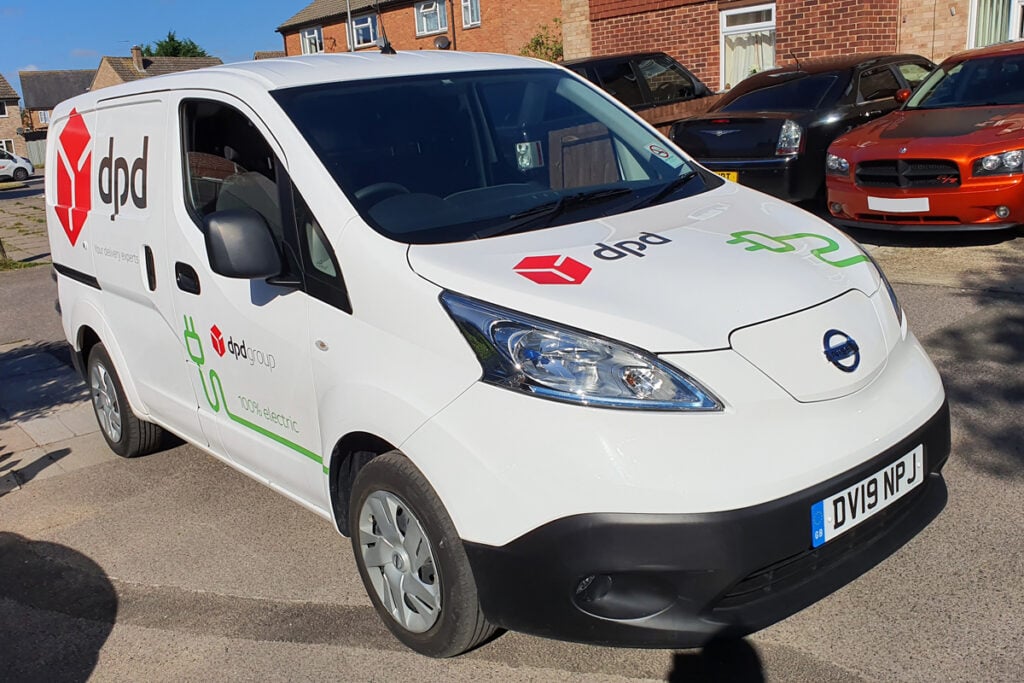

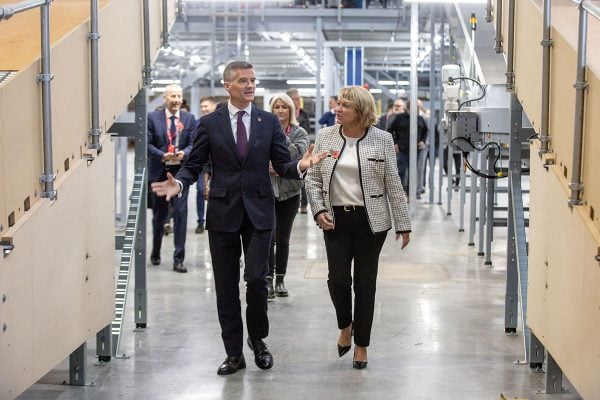
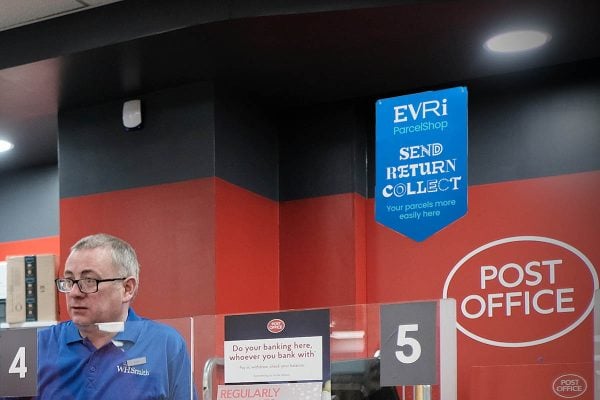
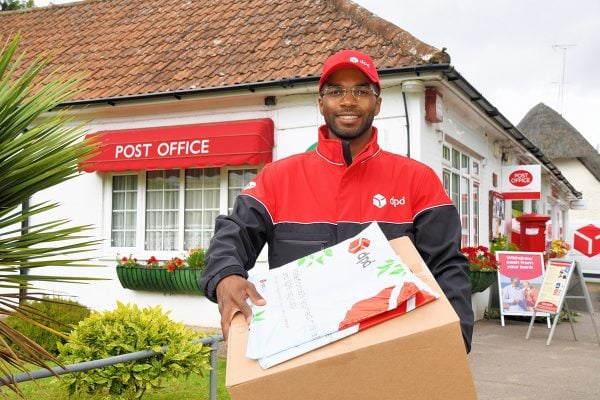
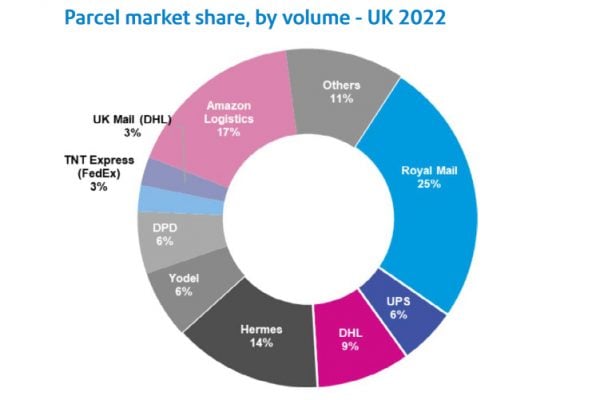
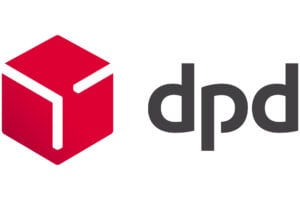



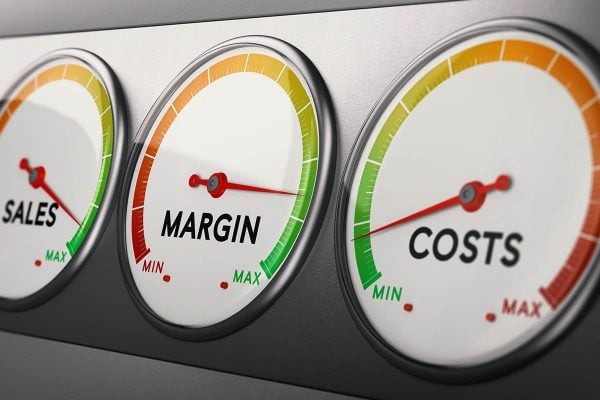
One Response
All driven by guys on zero hours contracts of course.